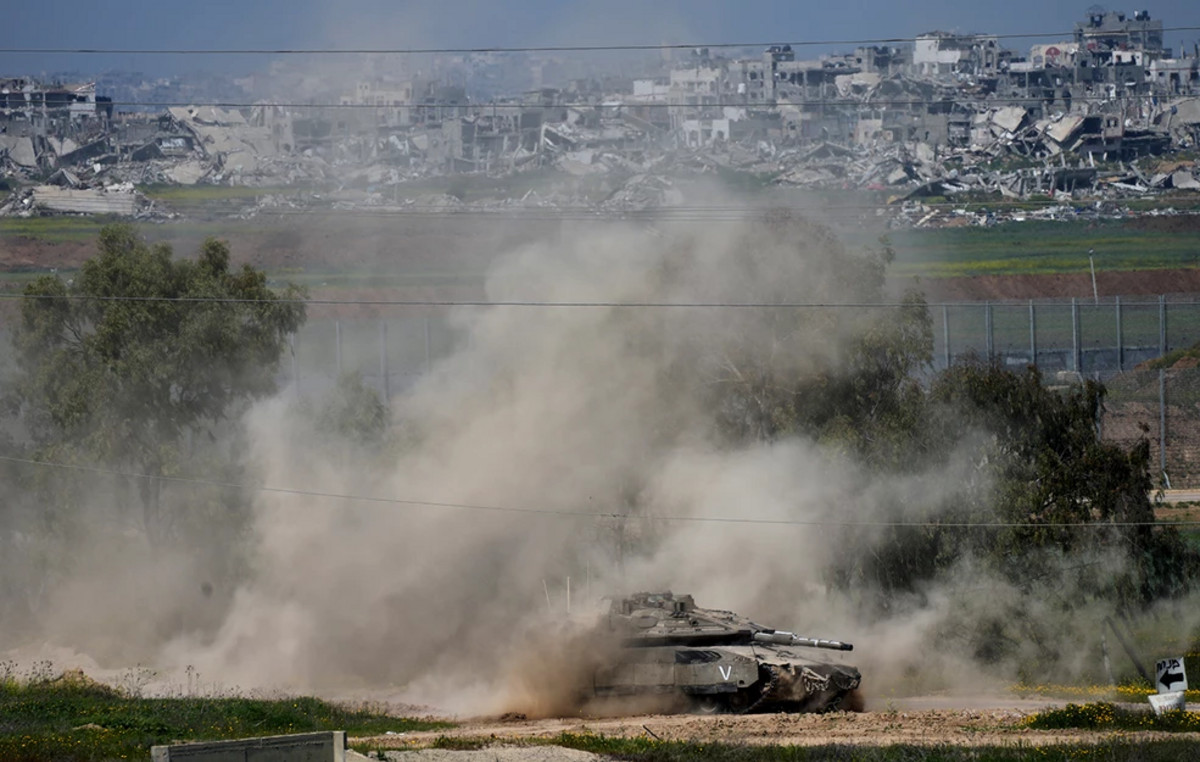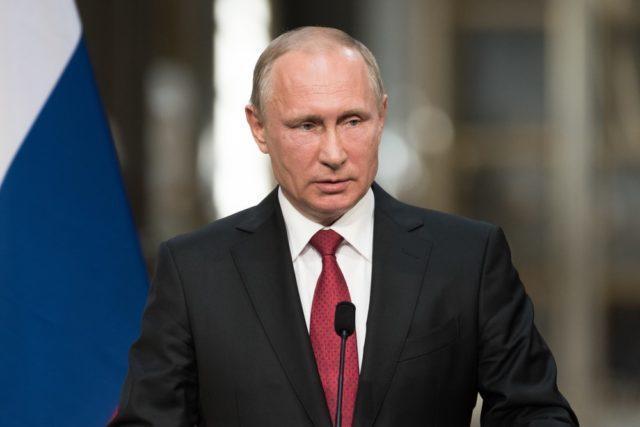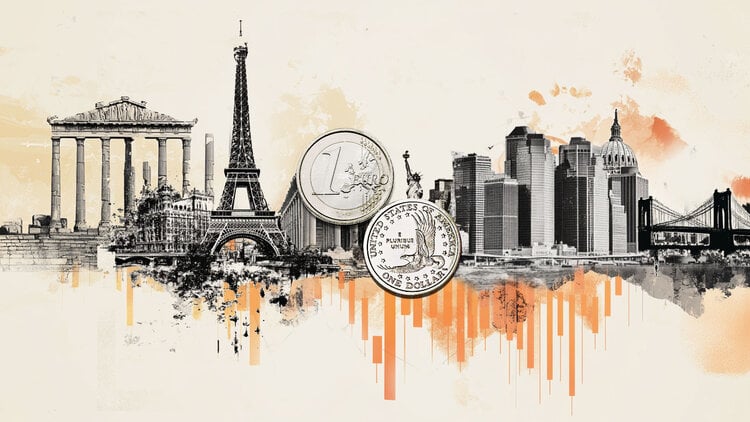THE Egypt is preparing for the presidential elections which are expected without surprises, as the outgoing president Abdel Fattah al-Sisi he is expected to win a third term, despite growing social discontent against the backdrop of a severe economic crisis.
From Sunday to Tuesday, Egyptians over the age of 18 will have to choose between four candidates: the retired field marshal Sissywho has been in power since 2013, after toppling an Islamist leader Mohammed Morsiand three other candidates, who are in their entirety little known to the general public.
In the most populous Arab country in the world, with a population of almost 106 million inhabitants, the organization of the elections is pharaonic: about 9,400 polling stations, the mobilization of 15,000 employees of the Ministry of Justice and a voting period that spans three days.
The results will be announced on December 18, unless a second round needs to be organised. This scenario, however, seems unlikely in light of the 2014 and 2018 elections, in which Sisi won 96% of the vote.
For this new vote, some observers had believed for a while that the competition would be tougher. But the two opposition figures who wanted to turn the tables, with no real hope of winning the election, but expressing dissenting views at least as long as the election campaign would last, are in jail or awaiting trial.
Beyond the issue of human rights – Egypt ranks 135th out of 140 countries in the World Justice Project’s rule of law performance – the number one priority of Egyptians is the economic situation.
Inflation is running at 40%, the devaluation of the Egyptian currency by 50% has caused prices to skyrocket and the private sector keeps shrinking. Public subsidies, for their part, are disappearing one after another under pressure from the International Monetary Fund (IMF).
“Releasing the prisoners of conscience”
The IMF is still waiting to make its quarterly assessments after a new loan to Egypt, the second country in the world most exposed to the risk of defaultaccording to Bloomberg.
Realizing the financial expectations of voters, candidate Hazem Omar he assured that his “first decision”, if elected, would be “to control inflation through the abolition of VAT on basic foodstuffs”.
Omar made the statement during the only televised debate between the candidates, in which Sisi sent a member of his campaign to represent him.
Another candidate, Farid Zahran, head of a small left-wing party, promised for his part “the release of all prisoners of conscience”, who number in the thousands since Sisi came to power, as well as the “repeal of freedom-killing laws”.
For the Arab Reform Initiative, “Mr. Sisi’s guaranteed victory has nothing to do with his popularity or his economic performance.”
The outgoing president “will win because controls the institutions of the state and the security apparatus which inspires a lot of fear, in addition to having eliminated any serious competitor,” says this Paris-based think tank.
Ezzat Ibrahim, a member of the Human Rights Council – an independent body whose members are appointed by parliament – denies that the die has already been cast.
“To claim that the elections have been won in advance means that they want to prevent Egyptians from exercising their rights and promote a bad image of the state,” he argues, speaking to AFP.
Portraits of Sisi are ubiquitous
However, on the streets posters and banners proclaiming the support of parties, district committees or local personalities to the outgoing president are everywhere. The campaign posters of the other candidates are rare for their part.
Beyond the internal challenges, the Arab Reform Initiative; highlights its impact of war between Palestinian Hamas and Israel in the Gaza Stripbordering the Egyptian Sinai.
This conflict, he argues, “threatens the already faltering Egyptian economy with a new blow, while reviving contestation in the streets.”
So on October 20, hundreds of Egyptians demonstrated in solidarity with the people of Gaza and deviated from their course to head towards the iconic Tahrir Square – where in 2011 the protests had brought about the fall of the then president Hosni Mubarak – before they were quickly dispersed by the forces security.
No pro-Palestinian march has been permitted since, in a country where it is illegal to demonstrate.
According to the Initiative for Arab Reform, “Mr. Sisi is likely hoping that the war in Gaza will give him leverage to put pressure on the Gulf and the West,” because he is an inevitable interlocutor in the Israeli-Palestinian conflict while also pursuing the support of “international financiers to ease the financial crisis”.
Source: News Beast
With 6 years of experience, I bring to the table captivating and informative writing in the world news category. My expertise covers a range of industries, including tourism, technology, forex and stocks. From brief social media posts to in-depth articles, I am dedicated to creating compelling content for various platforms.







